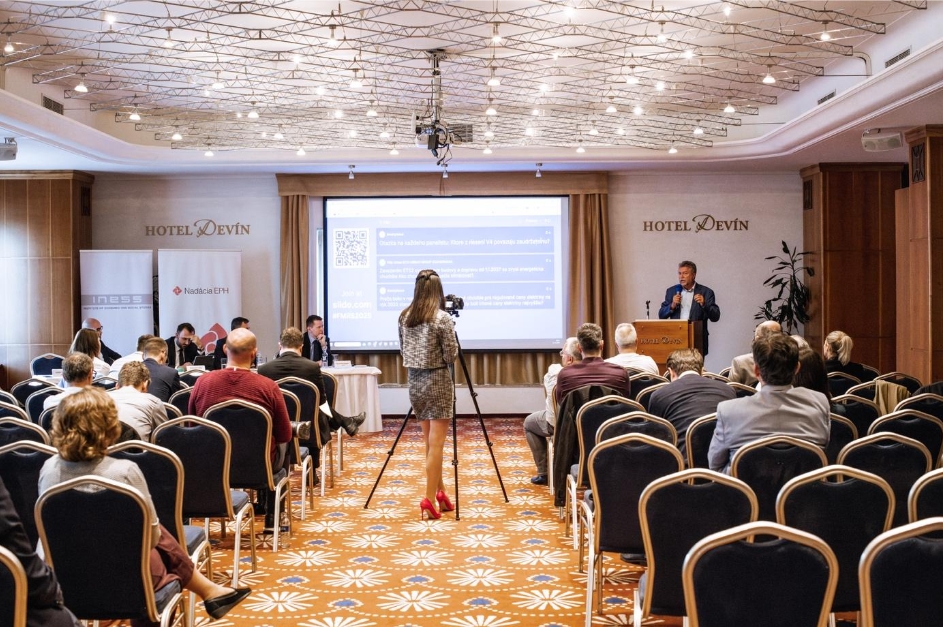
Compulsory Kindergarten from Age of Three Is Wrong Public Policy
The Minister of Education has announced his intention to introduce compulsory pre-school education for children aged three in Slovakia. The Ministry has published only one press release to defend this blanket and mandatory measure. It contains a number of inaccurate claims that do not stand up to critical debate. In this text, I will describe three reasons why the proposed expansion of compulsory school attendance is the wrong public policy.











